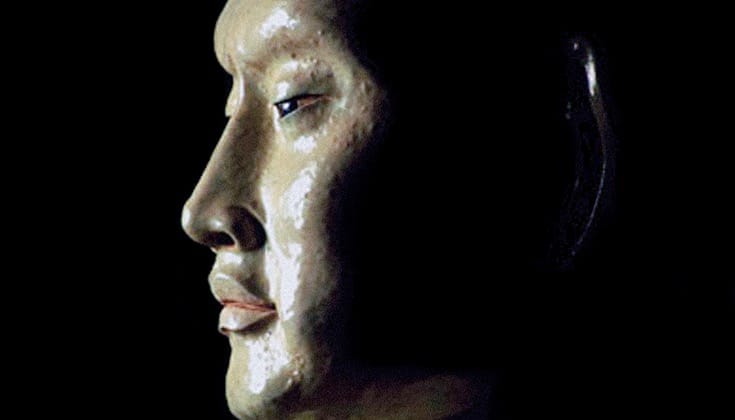Ethics certainly must be a part not to be omitted. Basically, what I envision is a Path with all the content and Teachings of "Buddhism" but without the name "Buddhism" so that it is more acceptable to those in a civil, secular, areligious way. It would be parallel to what we undertake here with the robes, statues and Sutra chanting. The wisdom of the "Precepts" will be there, no matter whether one calls them "humanistic ethical principles" or any other name.
Why?
Just to be more acceptable to folks who would run from "Buddhism", and to places in society which cannot support a particular religious culture (for the same reason that they would not put up a Nativity Scene at their door).
However, some basic content no matter the name and presentation.
Gassho, Jundo
SatToday
Why?
Just to be more acceptable to folks who would run from "Buddhism", and to places in society which cannot support a particular religious culture (for the same reason that they would not put up a Nativity Scene at their door).
However, some basic content no matter the name and presentation.
Gassho, Jundo
SatToday

 . In my own practice I recently started bowing to the toilet (during the weekend retreat but I'm still doing it.) Sometimes I feel silly but I've also been thinking about how important the modern toilet is for my life. I think those feelings are the result of moving outside ones comfort zone. We spend much of our lives trying to maintain stability in both our behaviors and environments. We also like novelty but its usually within the context of stability or a reworking of something familiar e.g. most stores have a beginning, middle and end etc... So that feeling of fake-ness can tell you a lot about how you see yourself. I once heard a man describe the mind as a prison for the body. I think it might be appropriate for this conversation.
. In my own practice I recently started bowing to the toilet (during the weekend retreat but I'm still doing it.) Sometimes I feel silly but I've also been thinking about how important the modern toilet is for my life. I think those feelings are the result of moving outside ones comfort zone. We spend much of our lives trying to maintain stability in both our behaviors and environments. We also like novelty but its usually within the context of stability or a reworking of something familiar e.g. most stores have a beginning, middle and end etc... So that feeling of fake-ness can tell you a lot about how you see yourself. I once heard a man describe the mind as a prison for the body. I think it might be appropriate for this conversation. The first talk discusses how he himself struggled in meditation ...
The first talk discusses how he himself struggled in meditation ... 

Comment